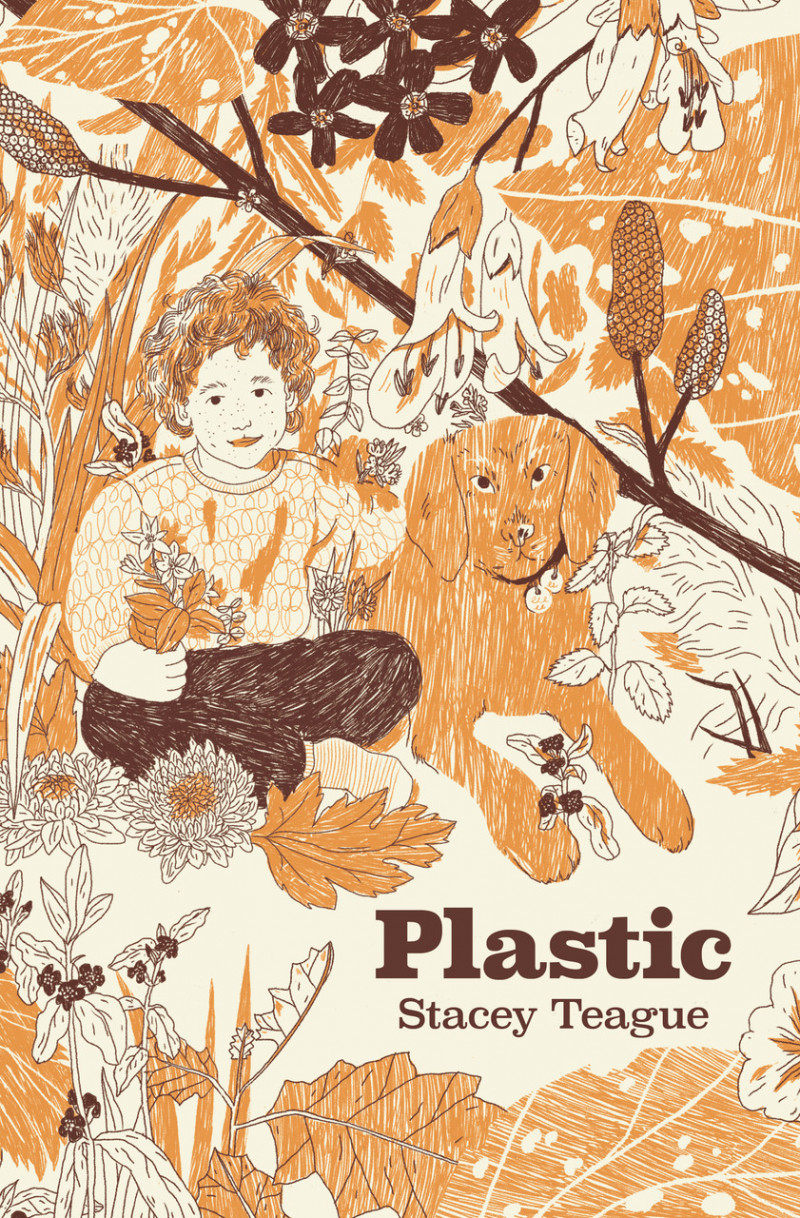Plastic
Written by: Stacey Teague
Te Herenga Waka University Press
Reviewed by: Margaret Austin
“Do you know your bones?” is the central question posed in this collection of poetry and prose. Knowing your bones is the Māori way of phrasing the question of identity – of knowing who you are. For Māori, that involves knowing your family whakapapa and, indeed, entire iwi history.
For author Stacey Teague, who has not grown up in te aō Maori, the question looms large now that she has returned to Aotearoa after a lengthy absence. The opening section Hoki (to go back, to retrace) sets us up for a poetic exploration of the writer’s way back.
The journey is fraught. To begin with, her mother is referred to as “plastic”, a clearly derogatory descriptor, meaning a Māori who does not know te reo, tikanga, or their whakapapa. “A fire inside the house that no one acknowledges.” As she turns to relatives to learn more, she struggles with her non-Maori appearance and what others tell her: “You’re not Māori enough”.
The pain and occasional ambivalence she feels are captured in statements such as “it’s always the end of the world / and I’m a character I don’t recognise”. Pounamu helps: “let it beat against your sternum as you walk”.
The section Paratiki, in which all poems have te reo titles, has me busy with my dictionary. I appreciate the multi-meaning of some of the words, a characteristic of the language that emerges frequently and adds to the richness and complexity of this work.
Teague’s near final section is the most satisfying. It is set in Waitomo, in the area of her iwi Ngāti Maniopoto. She is there with her family to visit her marae, and to meet “Aunty”, who will show them the graves of her ancestors. Our writer is close to the object of her personal journey, to her deepfelt desire to be like these ancestors, to embody their best characteristics. “I am still learning”, she declares. A mantra for us all.
View more reviews:
« Click here


